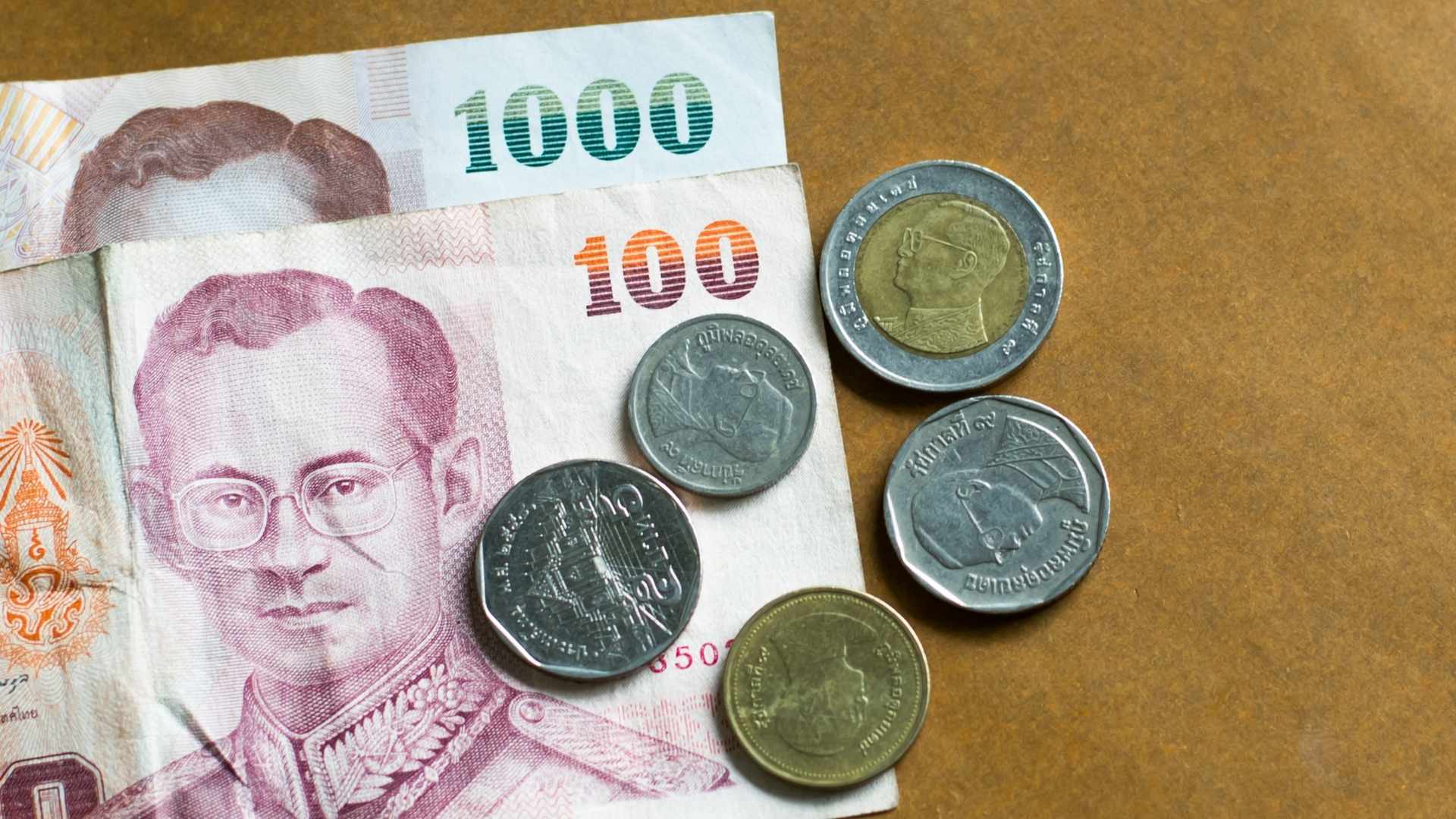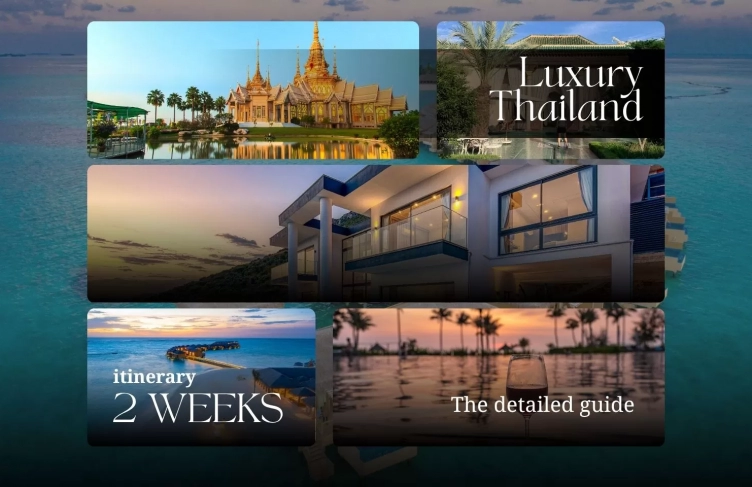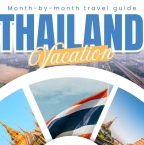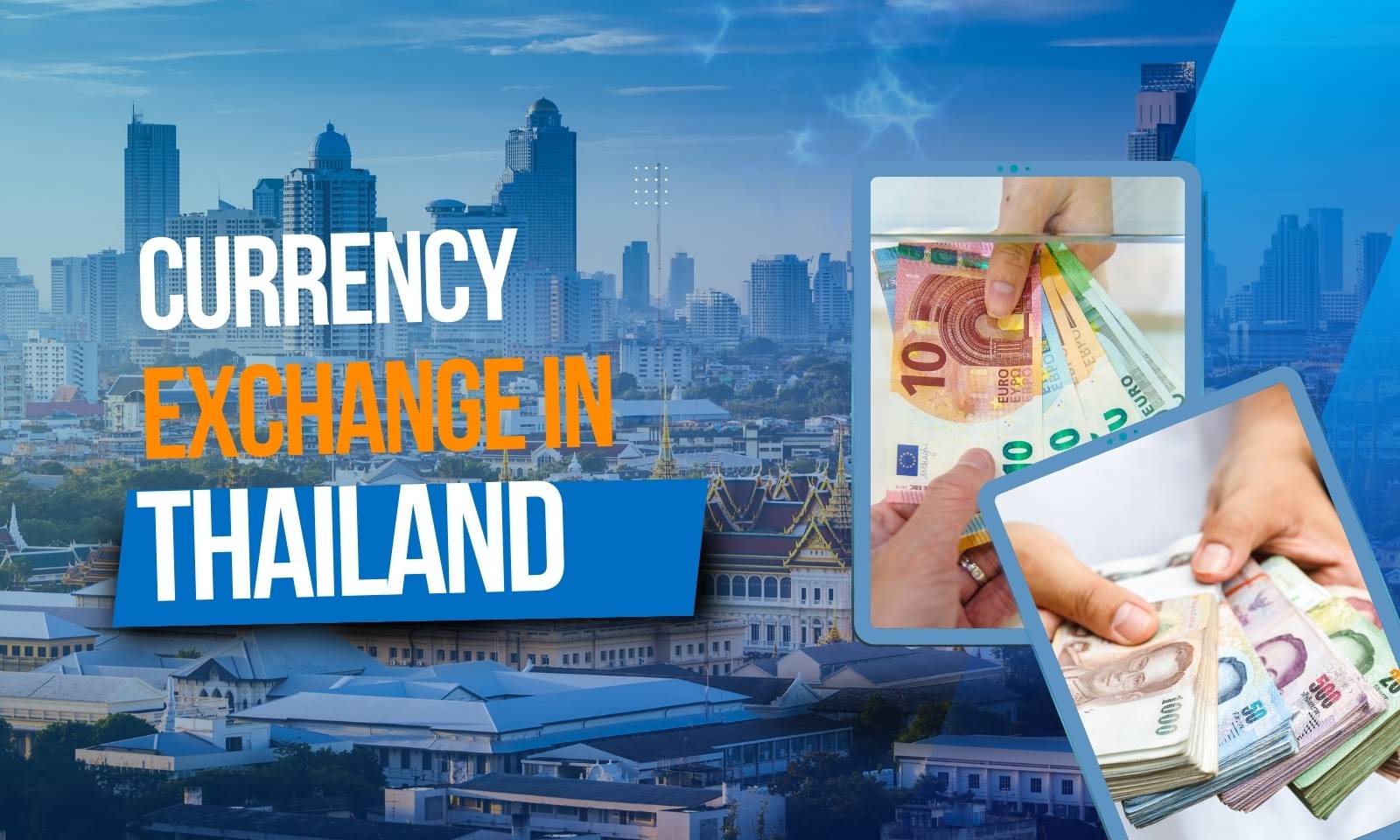
Currency exchange in Thailand: Must-know tips for travelers

Planning a trip to Thailand? Understanding currency exchange in Thailand is essential to ensure you get the best rates while avoiding unnecessary fees. From knowing the best places to exchange money to using reliable currency converter apps, this guide will help you manage your finances with ease. Whether you plan to use cash, credit cards or digital payments, knowing the ins and outs of Thailand’s currency system is essential.
In this guide, we’ll cover everything you need to know about exchanging money in Thailand, ensuring you get the best rates while keeping your finances secure. Let’s dive in!
Table of Contents
- Thai currency overview
- Exchange rates & Where to check them
- Best places for currency exchange in Thailand
- Where to avoid exchanging money?
- How to get the best exchange rates?
- Cash vs. card: What’s best for travelers?
- Alternative payment methods in Thailand
- Tips for handling money safely
- FAQs about currency exchange in Thailand
Thai currency overview
Official currency: Thai Baht (THB)
Thailand uses the Thai Baht (THB) as its official currency, with banknotes available in 20, 50, 100, 500 and 1,000 THB, while coins come in 1, 2, 5 and 10 THB denominations. Knowing how to exchange money efficiently can help you get the best value during your trip.
Exchange rates & Where to check them
Exchange rates fluctuate daily, so it's important to check real-time rates before making a transaction. Reliable sources include Google Currency Converter, XE.com, Wise and major Thai bank websites (such as Bangkok Bank, Kasikorn Bank and SCB). To avoid losing money, always compare rates before exchanging large amounts.
📌 Tip: Avoid exchanging large amounts without checking the current exchange rates to ensure you're getting the best deal.
Check out more details in: Thailand travel guide
Best places for currency exchange in Thailand
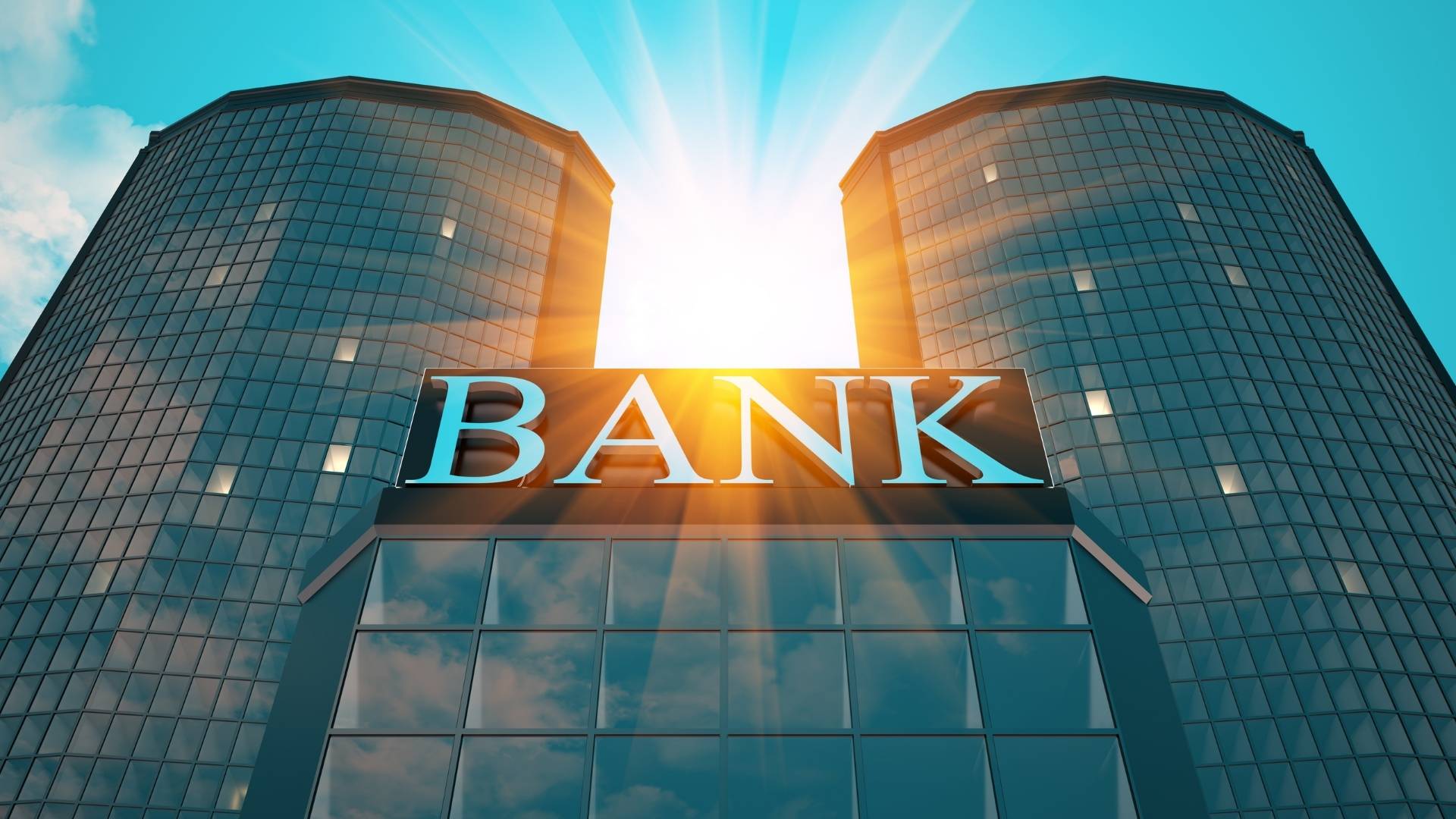
There are several secure and convenient options for exchanging money in Thailand.
Banks: Major banks such as Bangkok Bank, Kasikorn Bank, SCB and Krungthai Bank offer official exchange rates and secure transactions. However, they operate during business hours (8 AM – 3:30 PM, Monday to Friday) and can have long queues in tourist areas.
Currency Exchange Booths: Services like SuperRich Thailand, Vasu Exchange, Siam Exchange and TT Currency Exchange often offer competitive rates. These are widely available in major cities like Bangkok, Chiang Mai and Phuket.
If convenience is your priority, airport and hotel exchanges are available, but expect lower rates due to additional service fees.
📌 Tip: Compare rates at different exchange booths to maximize your money, as some places offer better deals for larger transactions.
Where to avoid exchanging money?
While Thailand has many reliable exchange options, some places should be avoided:
Street vendors & unauthorized exchange points pose a risk of scams and counterfeit bills.
ATMs with high fees can significantly cut into your cash withdrawal amount. Some ATMs charge high service fees or have low withdrawal limits.
📌 Tip: Banks like Citibank and HSBC may offer lower fees for international withdrawals, making them a better choice for accessing cash.
How to get the best exchange rates?
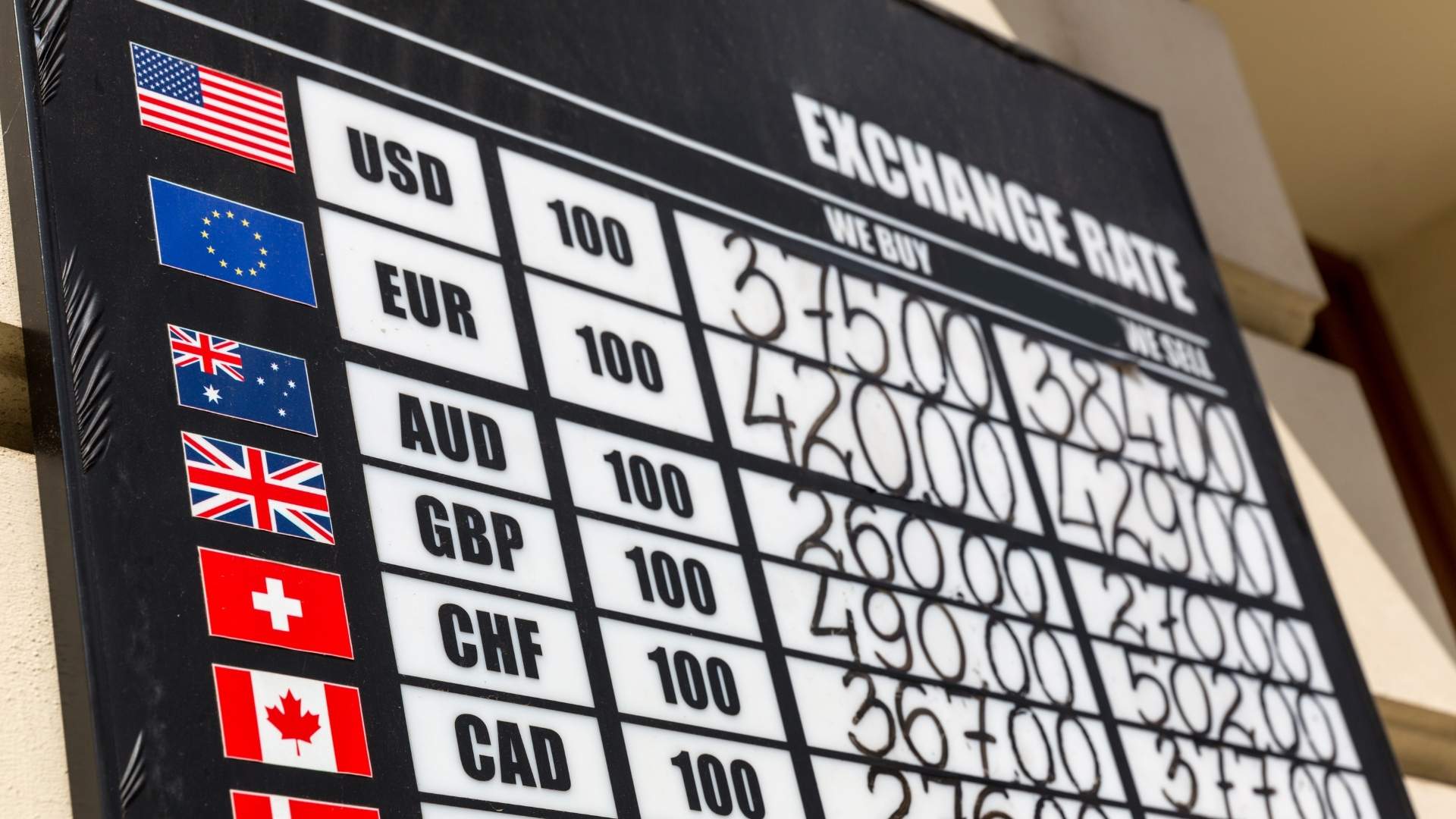
Check exchange rates online before making a transaction.
Exchange larger amounts at once for better deals.
Use fee-free debit / credit cards to avoid unnecessary charges.
Wise and Revolut offer international debit cards with lower conversion fees than traditional banks.
📌 Tip: If you frequently visit Thailand, consider opening a local bank account to avoid high conversion fees.
Cash vs card: What’s best for travelers?
Both cash and card payments have their advantages, depending on where you are.
Cash is best for street markets, small shops, local food stalls and entrance fees for certain attractions.
Cards are widely accepted at hotels, shopping malls, high-end restaurants and major tourist attractions. However, some places may add a 3% surcharge for card payments.
📌 Tip: Always carry some cash as a backup, especially when visiting rural areas or small vendors.
Alternative payment methods in Thailand
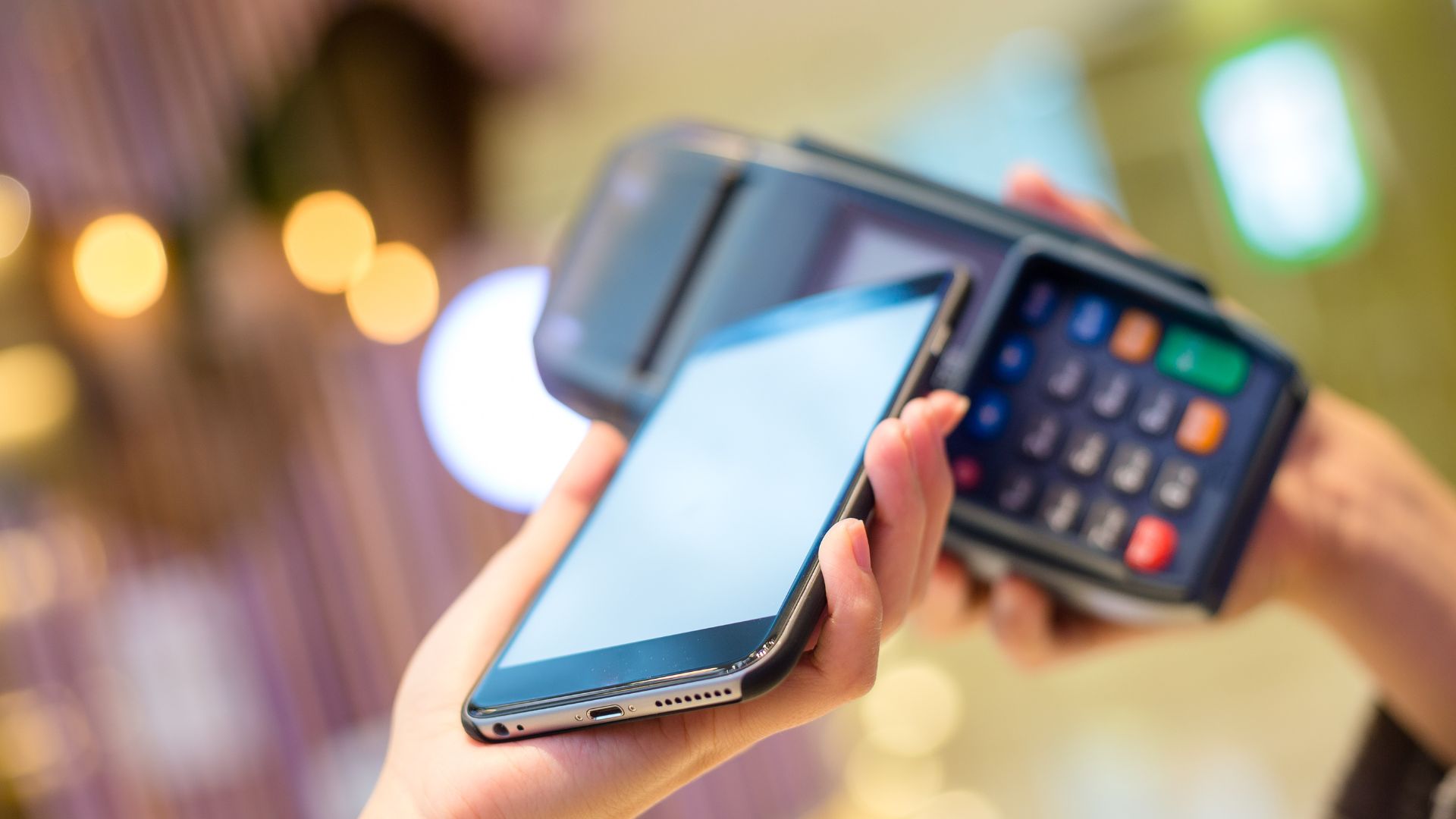
Thailand is moving towards cashless payments, making digital wallets a convenient option. PromptPay, a local QR-based system, is widely accepted. Alipay & WeChat Pay are great for Chinese travelers, while Google Pay & Apple Pay work at major retailers and shopping malls.
📌 Tip: Setting up a digital wallet before your trip can save time and make transactions smoother.
Tips for handling money safely
Check for counterfeit banknotes by feeling the texture and looking for security features.
Use a money belt or secure wallet when carrying large amounts.
Store extra cash in your hotel safe instead of carrying it all.
Be cautious of pickpockets in crowded areas, especially at markets and public transport hubs.
📌 Tip: Thailand has strict laws against damaging or disrespecting currency, as it bears the image of the King. Handle money with care.
Understanding currency exchange in Thailand is essential for securing the best rates, avoiding scams and managing your money wisely. Opting for banks and reputable exchange counters ensures safe transactions and minimizes the risk of counterfeit notes. To stay in control of your budget, consider exchanging smaller amounts as needed and always handle cash with caution. Whether you’re using cash or digital payments, following these tips will help you enjoy a smooth and hassle-free financial experience during your travels.
Need help planning your Thailand trip? Let Hanoi Voyages handle the details and enhance your travel experience with expert guidance! Check out our ultimate Thailand travel guide for expert tips!
FAQs about currency exchange in Thailand
🗨️ Can I use USD or other foreign currencies in Thailand?
Some places accept USD, especially in tourist areas, but it’s always better to pay in THB to get the best rates.
🗨️ What’s the maximum amount of cash I can bring into Thailand?
Travelers can bring up to 50,000 THB without declaring it. Larger amounts must be declared to customs.
🗨️ Are there currency exchange restrictions for tourists?
There are no strict restrictions, but always exchange money at licensed establishments to ensure security.
🗨️ Can I withdraw Thai Baht from ATMs with an international card?
Yes, but be aware of ATM fees, which typically range from 150-220 THB per withdrawal. Some banks allow fee-free withdrawals with select international banking partnerships.
Dream about your trip to Asia, in private
We are here to make it happen with youFREE QUOTE, WITHOUT OBLIGATION


